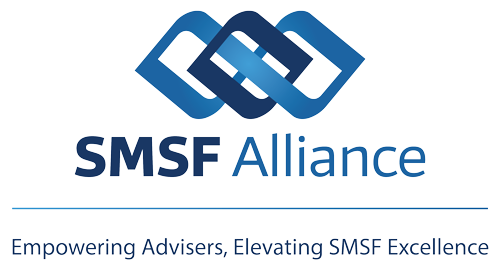Consider Julian and Justine, both aged 70. They each have reversionary pensions and are the only fund members. Julian has a $4m balance and Justine, $2m. Fund assets comprise a $5m property plus assorted shares, fixed interest and cash.
On 30th June 2017 they will reset the cost bases of selected assets. These will include the property and some of the shares. A couple of the shares are carrying capital losses. These will not be chosen for a cost base reset. They will also reduce their pension accounts to $1.6m each. The balance of their accounts will be in accumulation.
In early July Julian dies. His pension immediately reverts to Justine who will now have a transfer balance account of $3.2m. She has a year to decide what to do with this. She may withdraw all or part of the excess from super or commute her own pension back to accumulation and retain the reversionary pension.
The balance of Julian’s account, comprising his accumulation interest, must be paid out as soon as practicable but, in any case, within the death benefit period. If outside the period it will not be received by Justine tax free. The death benefit period is the latter of 6 months from the date of death or 3 months from the grant of probate. If this period is not adequate – perhaps due to a prolonged sale period for a large piece of real estate – then permission must be obtained from the Commissioner prior to the end of this time.
Incidentally, any withdrawal from the reversionary pension by Justine will not be relevant to the death benefit period as the payment would be from her account and therefore tax free. Any amount in excess of the pension minimum from either pension should be classified as a lump sum withdrawal as this will reduce her transfer balance account.
Unless the property is sold it will pose an unavoidable liquidity problem for the fund. Julian’s $2.4m accumulation account must be paid out. If it is required that the property be retained, a portion will need to be transferred in specie to Justine. She and the SMSF will then own the property as tenants in common. There are no restrictions on the nature of the assets transferred from the fund so whether the property is commercial or residential is irrelevant. Unfortunately, conveyancing costs and full ad valorem stamp duty will be payable. As always, stamp duty will vary between States.
If Justine does not wish to commute her pension to accumulation then she will also need to arrange the payment from the fund of the $1.6m reversionary pension. If this is also to be achieved by an in specie transfer of part of the property she may need to consider 2 transfers as the accumulation account balance must be transferred within the death benefit period whilst the pension balance may be transferred after a year. During this year the $1.6m is in a tax free environment so it would be expected that there would be an advantage to utilise this concession in full. Naturally, if probate does not issue for 9 months, both payments may be made simultaneously.


